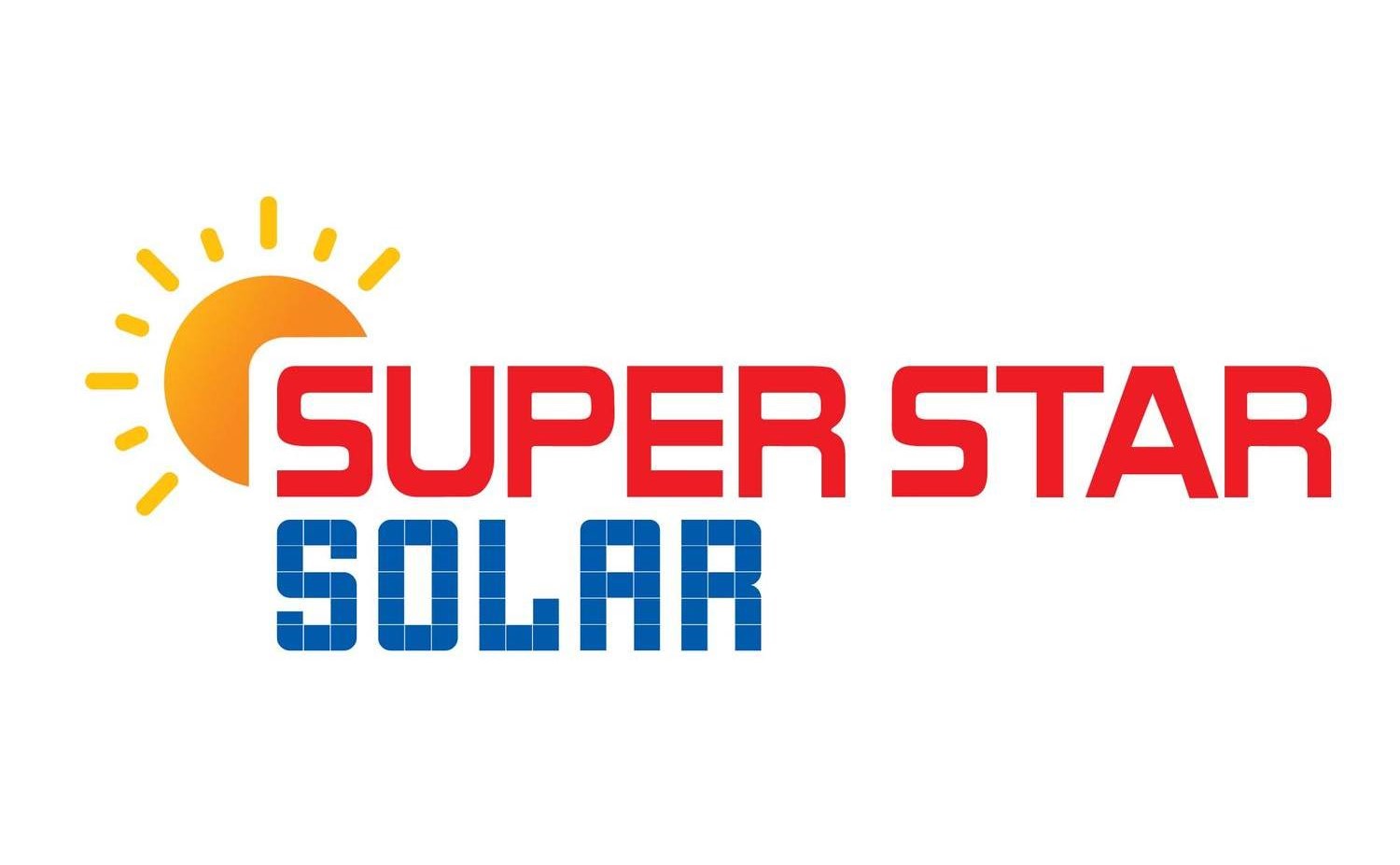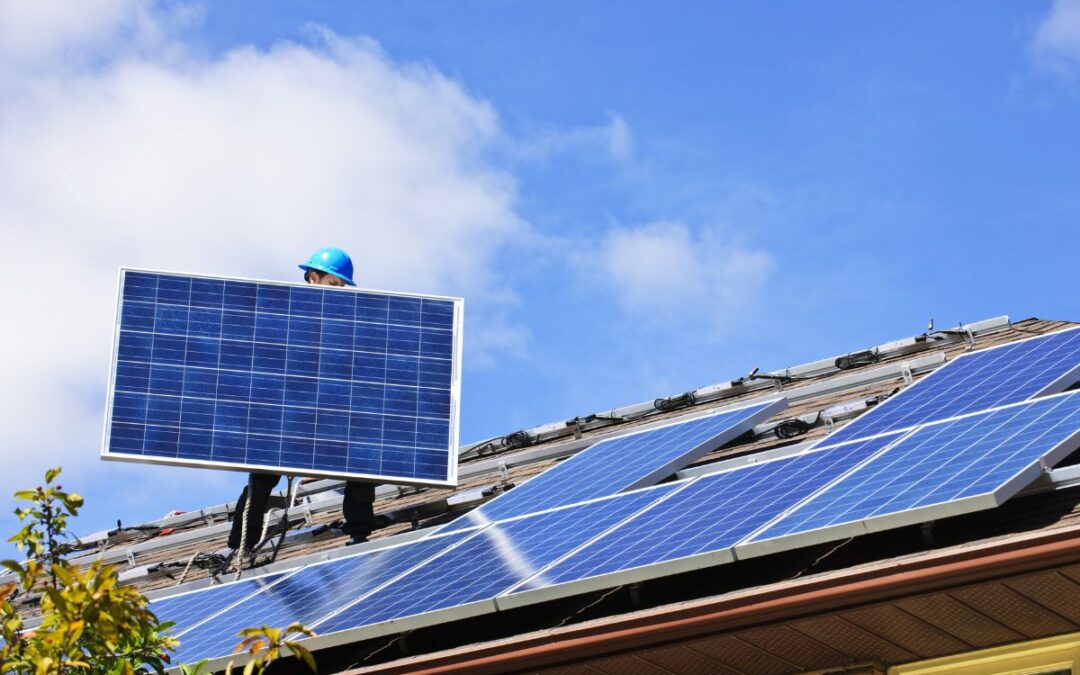Solar energy, a rapidly growing renewable resource, has become increasingly prevalent in Bangladesh. Solar energy is reshaping Bangladesh’s energy landscape by offering numerous benefits to homeowners, such as lower energy bills, increased property value, and significant environmental impact. This article elucidates the top ten advantages of adopting solar energy for homes in Bangladesh, underscoring its vital role in forging a sustainable future.
7 Key Benefits of Solar Energy for Homes in Bangladesh
1. Lower Energy Bills:
Adopting solar energy can lead to a significant reduction in electricity bills for homeowners in Bangladesh. According to a study by the International Renewable Energy Agency (IRENA), households that shift to solar can expect a 50-90% decrease in their monthly energy bills. Given that Bangladesh’s average household electricity bill was approximately 1,500 BDT ($18) in 2021, this transition to solar can mean substantial savings.
Moreover, the initial investment in solar panel installation may seem substantial; however, it pays off in the long run. The cost of installing a rooftop solar system in Bangladesh ranges from 80,000 to 120,000 BDT ($950-$1,400) per kW as of 2023. Considering that the lifespan of a solar panel is typically around 25-30 years, this translates to a cost of around 4,000 BDT ($47) per year. When compared to the annual electricity cost of an average household, which is around 18,000 BDT ($213) per year, the savings are considerable.
Thus, while the upfront cost might seem daunting, the potential for lower energy bills and long-term savings makes solar energy an economically wise choice for homeowners in Bangladesh.
2. Energy Independence:
Solar energy indeed offers homeowners in Bangladesh the advantage of energy independence, providing a steady, reliable source of power that isn’t subject to the frequent power outages that plague many areas of the country. According to Bangladesh’s Power Division, the country’s power infrastructure experiences around 1,000 hours of power cuts annually, severely affecting the quality of life and economic activities.
Harnessing solar energy can mitigate these issues significantly. A typical home solar system in Bangladesh can generate approximately 4-5 kWh of electricity per day, depending on the system size and weather conditions. Considering the average household in Bangladesh uses about 2.2 kWh per day, a solar system can indeed produce more power than a home typically needs.
This surplus energy can be stored in batteries for use during power outages, nighttime, or less sunny days. Recent advancements in solar battery technology have made them more efficient and affordable. For instance, a lithium-ion solar battery that can store 10 kWh of electricity, enough to power an average Bangladeshi home for about four to five days without any additional power generation, costs about 150,000 BDT ($1,770) as of 2023.
Therefore, by investing in solar energy, homeowners in Bangladesh can not only shield themselves from fluctuating electricity costs but also ensure a reliable power supply, thereby achieving energy independence.
3. Positive Environmental Impact:
The environmental benefits of solar energy are substantial and globally acknowledged. Traditional power generation methods, particularly those that burn fossil fuels like coal and natural gas, contribute significantly to greenhouse gas emissions. Bangladesh, reliant on these fossil fuels for about 63.7% of its total power generation in 2021, is no exception to this environmental impact.
Solar power, on the other hand, produces electricity without emitting harmful greenhouse gases. According to the U.S. Environmental Protection Agency (EPA), a typical residential solar panel system can reduce carbon dioxide emissions by 3-4 tons per year, equivalent to planting over 100 trees annually.
Additionally, according to the United Nations Development Programme (UNDP), if Bangladesh can attain its target of generating 10% of its power from renewable sources by 2024, it can reduce its carbon emissions by 2.7 million tons. This initiative is significant as Bangladesh is one of the most vulnerable countries to climate change due to its location.
By adopting solar energy, homeowners in Bangladesh can play their part in reducing carbon emissions and combating climate change, contributing to a healthier and more sustainable planet.
4. Long-Term Savings:
Solar panels provide significant long-term savings, making them a financially sound investment. Although the upfront cost of a solar system in Bangladesh might range from 80,000 to 120,000 BDT ($950-$1,400) per kW, these costs can be recouped through energy bill savings within 5 to 7 years.
Based on a study by the Infrastructure Development Company Limited (IDCOL), solar panels can save households between 50-90% on electricity costs. Given the average electricity bill of 1,500 BDT ($18) per month in Bangladesh, homeowners can save between 9,000 to 16,200 BDT ($106-$191) per year.
Furthermore, solar panels have a lifespan of around 25-30 years and require minimal maintenance, typically costing about 1-2% of the initial system cost annually. This translates to a long-term, cost-effective solution for energy needs.
In conclusion, while the initial investment can be significant, the long-term savings on energy bills and the minimal maintenance costs make solar panels a financially astute choice for homeowners in Bangladesh.
5. Government Incentives and Rebates:
The government of Bangladesh has indeed recognized the benefits of solar energy and implemented policies to promote its adoption.
Government offers a Value Added Tax (VAT) exemption on solar panel imports and equipment, further reducing the cost of solar systems. A 3% cash incentive on the total cost of locally made solar panels also promotes the local solar industry.
Moreover, the government has introduced the Net Metering System, which allows solar system owners to sell their surplus power back to the grid, providing an additional financial incentive.
6. Consistent Energy Production:
Bangladesh’s location near the equator ensures it receives abundant sunlight throughout the year, making it ideal for solar energy generation. The country averages about 5 hours of peak sunshine per day, with an average solar radiation of 4-6.5 kWh/m2/day, according to Bangladesh’s Sustainable and Renewable Energy Development Authority (SREDA).
This consistent sunlight ensures that solar panels can generate electricity reliably. Even on cloudy or rainy days, solar panels can still produce electricity, albeit at a reduced rate. Modern solar panels can convert diffuse sunlight into electricity, ensuring a consistent power supply.
Furthermore, with advancements in solar battery technology, excess power generated during peak sunlight hours can be stored during nighttime or days with less sunshine.
Thus, solar energy is a consistent and reliable power source for homes in Bangladesh, providing an uninterrupted power supply and contributing to energy security.
7. Increases Property Value:
Investing in solar energy leads to savings on electricity bills and can increase a property’s market value. Studies have shown that homes with solar panels sell for more compared to those without. A 2019 study by Zillow, a leading real estate marketplace, found that homes with solar energy systems sold for 4.1% more on average than comparable homes without solar power.
While specific data for Bangladesh is limited, anecdotal evidence suggests a similar trend. Homebuyers in Bangladesh are becoming increasingly aware of the benefits of solar energy, including reduced electricity costs and environmental impact.
Therefore, installing solar panels can be an intelligent investment that increases the resale value of a property. While the exact increase in value will depend on several factors, including the size of the installation and the electricity rates in the area, solar panels’ potential to boost a home’s market value cannot be overlooked.
What are the main benefits of solar energy for homes in Bangladesh?
Solar energy offers numerous benefits for homeowners in Bangladesh. These include significant reductions in electricity bills, energy independence from unreliable power grids, positive environmental impact by reducing carbon emissions, and long-term financial savings. Moreover, solar systems can increase property value, create jobs, and contribute to national energy security.
How cost-effective is the installation of solar panels in homes in Bangladesh?
While the initial cost of installing solar panels can be significant, the long-term savings on energy bills often surpass the upfront costs. Government incentives and rebates, such as low-interest loans and tax exemptions, further reduce the cost of installation. Plus, the minimal maintenance costs make solar panels a cost-effective solution for the long term.
What are the key benefits of installing Superstar Solar panels in my home in Bangladesh?
Superstar Solar panels offer several benefits, including significant reductions in electricity bills, energy independence, and positive environmental impact. Moreover, the solar panel price in Bangladesh are cost-effective, and the high efficiency of Superstar Solar panels ensures reliable and consistent energy production, maximizing the benefits of abundant sunlight in Bangladesh.
Conclusion:
In conclusion, harnessing solar energy offers myriad benefits for homeowners in Bangladesh. With its potential for significant cost savings, energy independence, environmental sustainability, and contribution to the local economy, solar energy is a promising and viable option for the future. Furthermore, solar installations can increase property value, providing an attractive investment opportunity.
The government’s active role in promoting solar adoption through various incentives and policies further strengthens the case for solar energy. As Bangladesh continues to receive consistent sunlight throughout the year, the advantages of solar power are clear and compelling. By adopting solar energy in Bangladesh, homeowners can invest in a greener, more sustainable future for themselves, their communities, and the planet.

